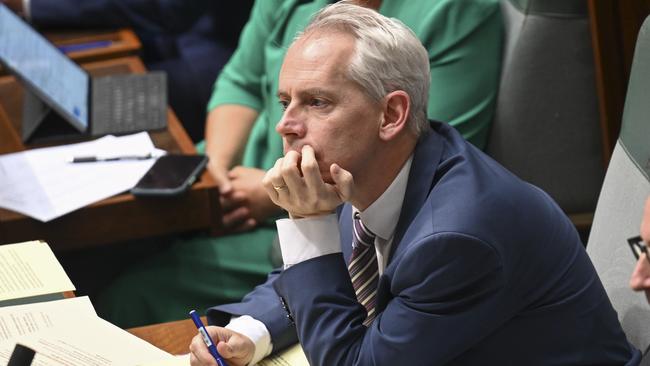
They have been relieved of their jobs, in home affairs and immigration, respectively. The stark reality is both ministers failed to come to grips with the challenges of their portfolios, particularly in respect to immigration. Dealing with the implications of tricky High Court decisions about detained migrants was never going to be easy. But Giles’s responses were sorely lacking, including very poor parliamentary performances. The bigger picture here is both ministers made a complete hash of reining in the surging number of migrant arrivals.
O’Neil has been all over the shop when it comes to the migrant intake. First, she welcomed surging numbers, claiming it was simply a response to the opening of the borders after the pandemic. She even removed the requirement that international students be solely motivated by undertaking a course, claiming instead that aiming for permanent residence was legitimate. She quickly had to backtrack on this.
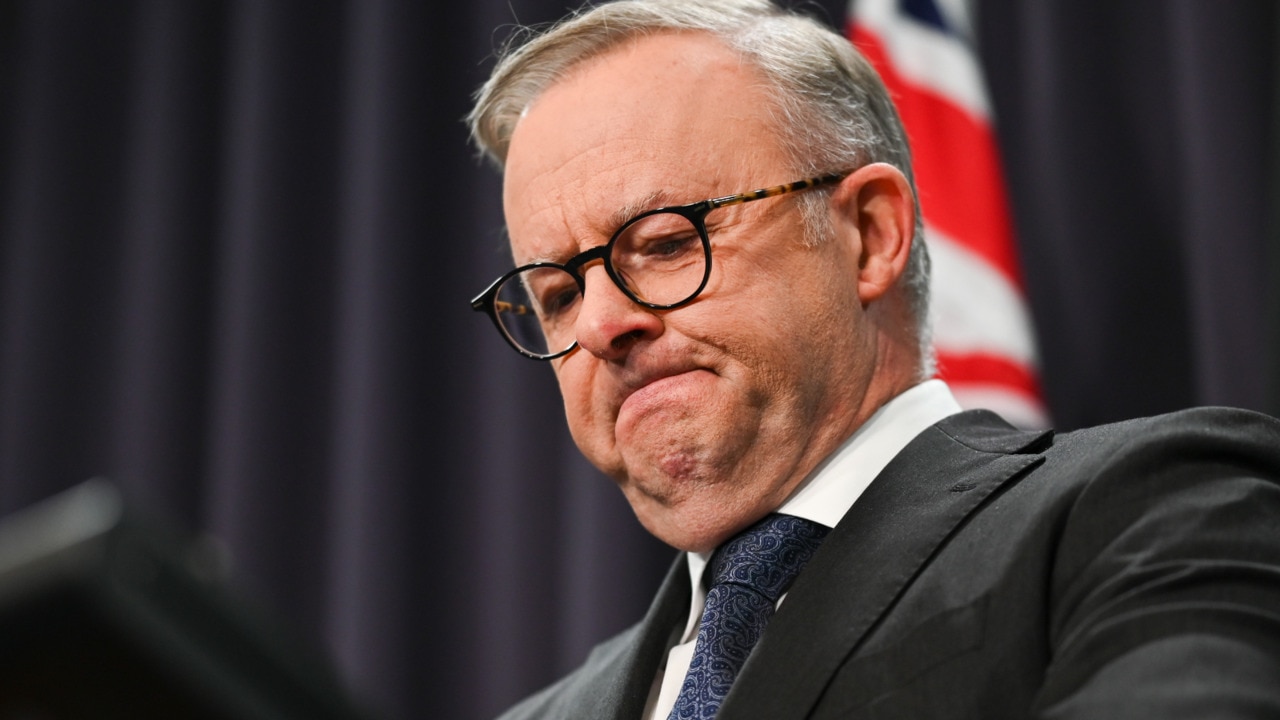
When it became apparent that the number of migrant arrivals – more specifically, net overseas migration (NOM – long-term arrivals minus long-term departures) – was excessive, she tried to blame the Coalition government. She delayed the cancellation of the Covid visa category, an unforgivable mistake.
By this stage, the annual NOM had risen to over 500,000, with the largest group of new arrivals being international students. It was clear that a NOM of this magnitude – it was contributing to 80 per cent of population growth – was putting real pressure on the rental housing market, demand for services and social cohesion, particularly in the larger cities.
Again, she dithered. After some time, she introduced a number of arbitrary changes to the international student visa rules designed to reduce the numbers. They included a stricter test on English language proficiency.
In turn, there has been a noticeable uptick in the rate of visa refusal for potential students from some countries – India, Nepal, Colombia – while the chances of visa acceptance for students from China remains essentially unaffected. This suits the sandstone universities. In a last hurrah, O’Neil doubled the non-refundable visa fee for international students.
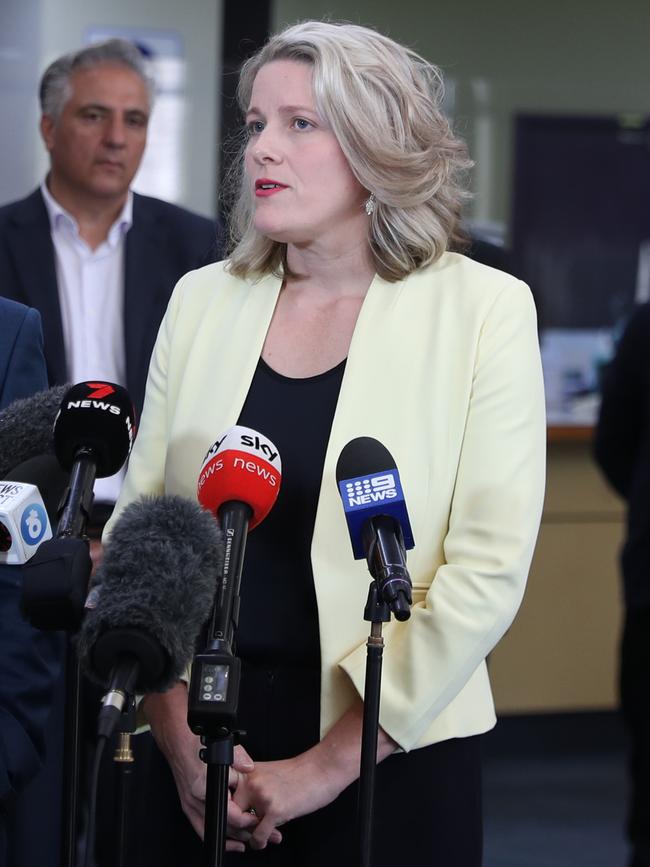
There is talk of the Education Minister Jason Clare negotiating international student caps with the 1400-odd institutions that enrol these students.
While careful to avoid the term “target”, O’Neil declared that the NOM for 2023-24 would be 295,000. For this financial year, she said it would be 260,000. It is already clear there has been a considerable overshoot of the NOM last financial year, with a final number of at least 350,000. Without some further significant changes, it’s unlikely that the figure of 260,000, which is still well above recent averages, will be met.
For this reason alone, O’Neil may feel relieved to be out of it. It will be Tony Burke’s challenge to sustainably reduce the NOM. Burke will be well aware of voter attitudes on this issue.A clear and growing majority want to see the migrant intake reduced, and quickly. He will have to deal with the strong countervailing forces. It’s entirely possible O’Neil never felt fully supported within cabinet in her quest to lower the migrant intake. Let’s face it, the Treasurer would not be happy to see a recession.
It is only immigration-induced population growth that has kept us out of recession. The Treasury continues to play an ongoing spoiling game, talking up the economic benefits of large-scale immigration while essentially dismissing the costs.
For several years, figures have been released that purport to show the lifetime fiscal impact of permanent migrants. Using various assumptions, the conclusion drawn is that primary skilled migrants generate substantial positive fiscal gains, particularly those sponsored by employers, while their accompanying partners have a small negative impact overall.
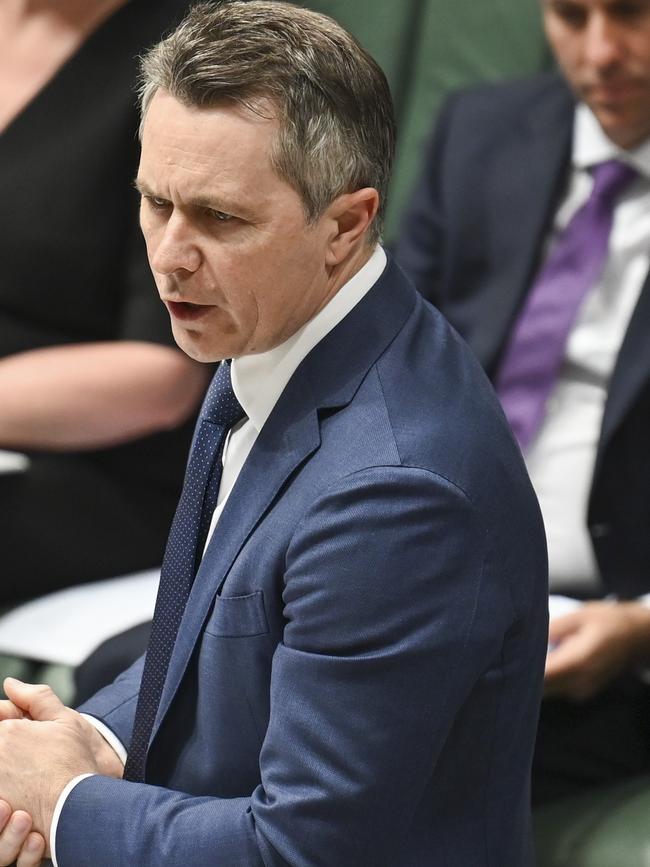
This is largely because primary skilled migrants enter the country when they are relatively young and have high rates of labour force participation. By contrast, family migrants generate a negative fiscal impact, as do those who enter under humanitarian visas.
Treasury concedes the exercise is best regarded as a means of comparing the outcomes for different visa categories. It comes as no surprise that employer-sponsored migrants contribute more than family migrants. I’m just not sure it was necessary to undertake a study to demonstrate this. But here’s the key: skilled primary applicants are not actually the majority of new residents. The majority imposes net negative fiscal impacts. The assertion that Australia would miss out fiscally if the migrant intake were cut is not well-founded.
Why is it necessary to allow employers to sponsor migrants year after year when they should be training locals to undertake the required jobs? It’s not as if it’s just a cyclical thing: skilled migrant visas have been issued in bulk for many years. There are also real question marks over how skilled the skilled migrants are. To be sure, they may meet the points test, but this doesn’t mean that their qualifications are really equivalent to those held by locals.
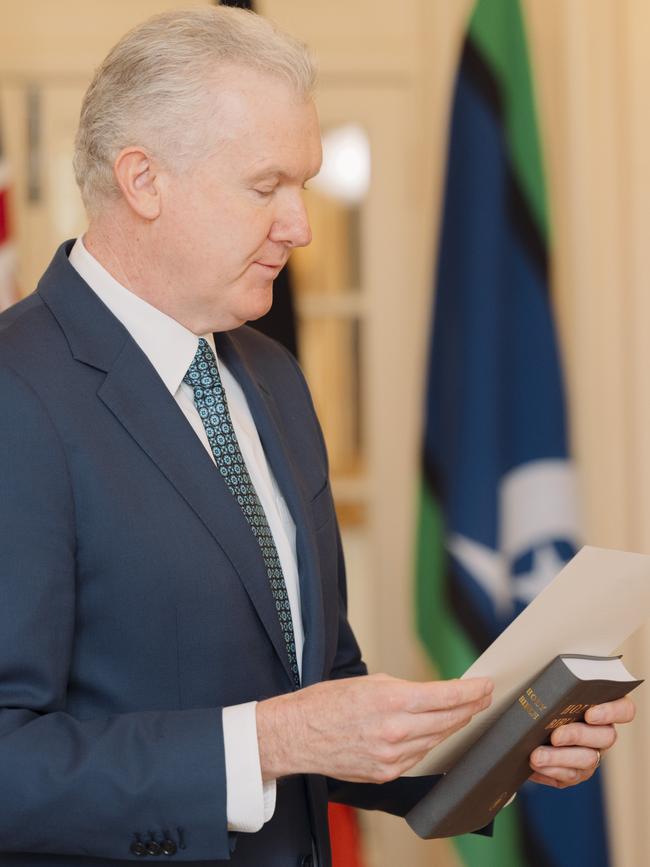
The figures indicate that, for any given qualification, migrant workers earn less than locals. We also know that international student graduates are under-represented in professional and managerial occupations relative to local graduates. And what about the controversial Skills Priority List, which is important in awarding points to migrants applying for permanent residence? The reality is that the list makes no sense, is heavily gamed by the vested interests and produces some quite bizarre inclusions and exclusions. How can yoga instructors and dog walkers be on the list but not disability support workers? How can wellbeing consultants and cooks be on the list but not construction tradies?
There is plenty for Burke to get stuck into, although his wide range of responsibilities may limit the time he can spend on immigration. But with the Coalition seemingly keen to cut the migrant intake to a greater degree than what Labor is proposing, the electoral debate may well heat up. Along with cost of living, immigration could easily become an issue that shifts the electoral dial.







Whatever way you look at it, the Albanese reshuffle was a slap in the face to Clare O’Neil and Andrew Giles.